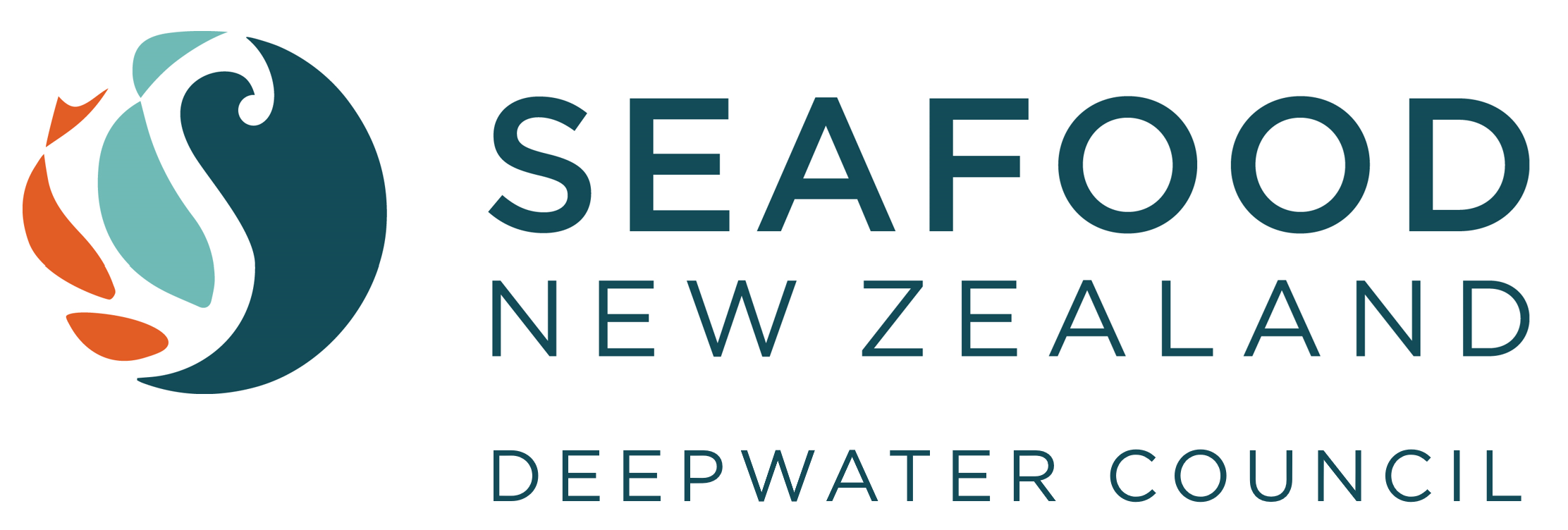The country's $1.6 billion-a-year seafood industry is a really well-painted house, the new chair of Seafood New Zealand says.
But the missed corners now need filling-in, with scientific improvements, public perceptions and creating a vibrant industry on top of the agenda.
George Clement was elected as the industry body's executive chairman last month, and was formally welcomed at an event last week.
He has been involved with the seafood industry all his working life, starting as a fisheries management scientist for the Ministry of Agriculture and Fisheries in 1976.
New Zealand's fisheries management was seen as the leading example internationally, he said.
But this did not mean the industry could rest, with a more refined focus on the science underpinning the management system needed to take it to the next stage.
"I suppose it's a bit like painting a house isn't it?
"You didn't notice it was shabby. When you painted it it looked better, but then your eye goes to the corners you haven't done.
"So we've actually got a really well-painted house, internationally it's recognised, but we're now focusing on the details, into refining it further."
Clement said the target was to have all the country's fisheries independently recognised as world-leading in the next five to 10 years.
This would not be easy, because New Zealand could not afford to be the best, when competing with global economies.
"So what we want to bring to the industries we've been asked to represent is thinking smarter and doing better than our competitors.
"One of our major tasks in the next couple of years is actually to tell the story, because we've told it well in overseas markets but, for a number of reasons, the New Zealand public really don't understand what a world-leading industry they have."
The seafood industry was currently worth about $1.6b to the economy.
But the Government had challenged the primary industry to double exports by 2025.
Ramping up volumes was not a viable option, which meant the industry needed to find ways to improve the value of the products, Clement said.
"We need to do that in order to ensure there's a prosperous future for ourselves and our children and our grandchildren.
"What we're focused on is being more productive, repositioning our seafood in the value chains by doing things like making sure that we're the world's best standard.
"It's critical that our management is science-based."
Clement said there were three key challenges to his role - sustainable science, public communication and ensuring seafood was a "vibrant industry".
Science represented an ongoing challenge and the industry needed to communicate better to the public, to give people an opportunity to sit back and consider rather than having the agenda led by "extreme claims".
The final issue was bringing seafood back on to the radar - "to actually have a vibrant industry that young people want to come and join".
Clement has replaced Eric Barratt as chairman, and will continue as Deepwater Group chief executive, a company which works in the sustainable management of deepwater fisheries.
He has also served as president of the Fishing Industry Association and has experience with Maori fishing rights, as well as leading quota owners to take an active role in fisheries management science.
